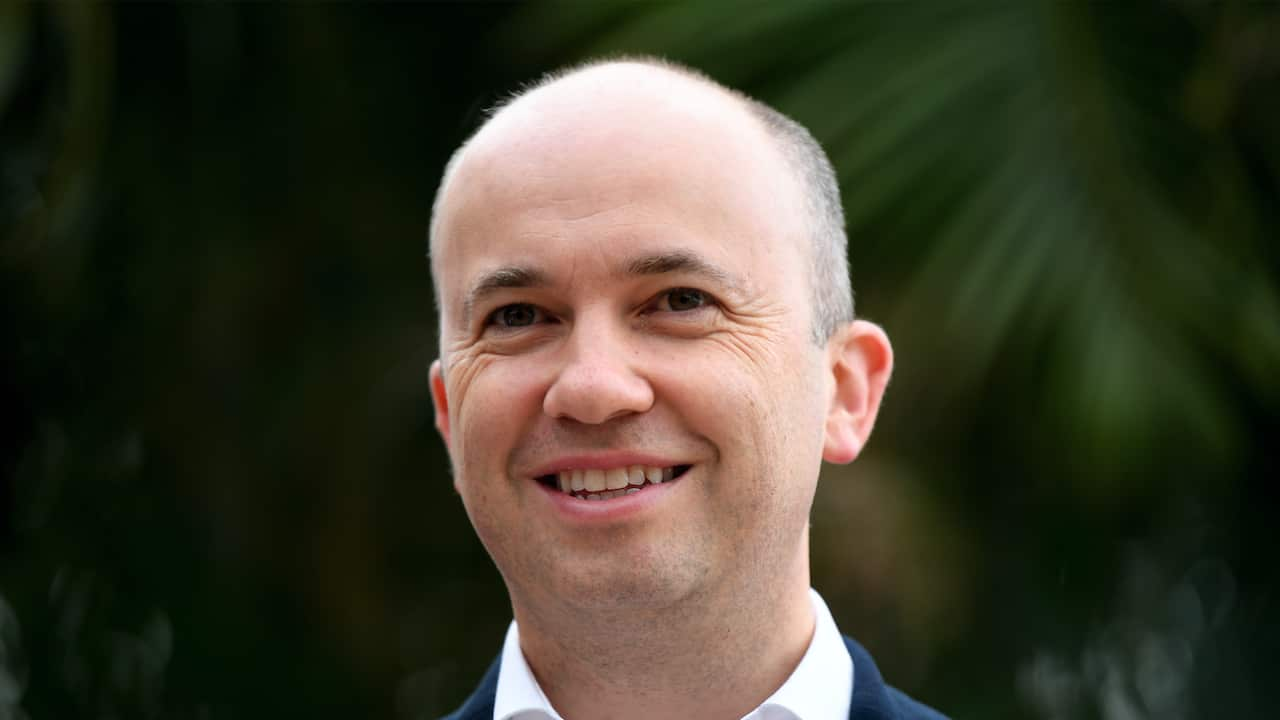Scott Morrison has given the strongest indication yet he will not attend United Nations climate talks in Glasgow, blaming coronavirus quarantine requirements.
The prime minister said it would be his fourth two-week quarantine stint in six months if he were to attend the summit, which he nonetheless described as very important.
"When those (talks) are taking place, we will still be subject to 14 days' quarantine based on my understanding of where states and territories are," Mr Morrison told reporters in Canberra on Friday.
"I will have spent, if I do that, a total of four times 14-day quarantine, basically, in this building, not being able to engage in my normal duties around the country as much as I would like to."
"That's a long time for a prime minister to be in quarantine in a six-month period."
More than 100 world leaders have so far indicated they will attend the summit in person.
Mr Morrison spoke to journalists from the official prime ministerial residence, The Lodge, where he is undergoing quarantine after returning from talks with world leaders in the US.
A senior minister is expected to represent Australia at the UN COP26 climate summit running from 31 October to 12 November.
Mr Morrison was outlining a staged plan to reopen international travel for vaccinated people.
Meanwhile, Nationals resisting coalition attempts to get a 2050 net zero emissions target over the line before Glasgow say they are yet to see the government's plan for how to achieve it.
"We want to see the plan that government is taking to Glasgow so we can assess and understand the consequences and impacts on our people and our economic future, not just until the next election, not just to Glasgow, but for decades to come," Senator Bridget McKenzie told ABC radio.
Her colleagues have argued regional and rural jobs must be guaranteed and power prices kept low under any proposal.
Senator McKenzie says Australia's agriculture sector is already taking strong action to reduce emissions and ensure their produce is greener.
"It's happening with farmers understanding that there is a better price to be paid globally from that type of product," she said.
The Minerals Council of Australia is among the latest groups to back net zero by 2050.
Meanwhile, the government plans to credit carbon abatement for large-scale projects that use controversial carbon capture and storage technology.
It has been repeatedly criticised and its efficacy questioned amid a push to support renewables instead of fossil fuels.
Under the scheme, projects will be able to sell the Australian Carbon Credit Units at bi-annual auctions or sell them on the private voluntary market.
Each of the units is equivalent to one tonne of carbon emissions avoided or abated.











